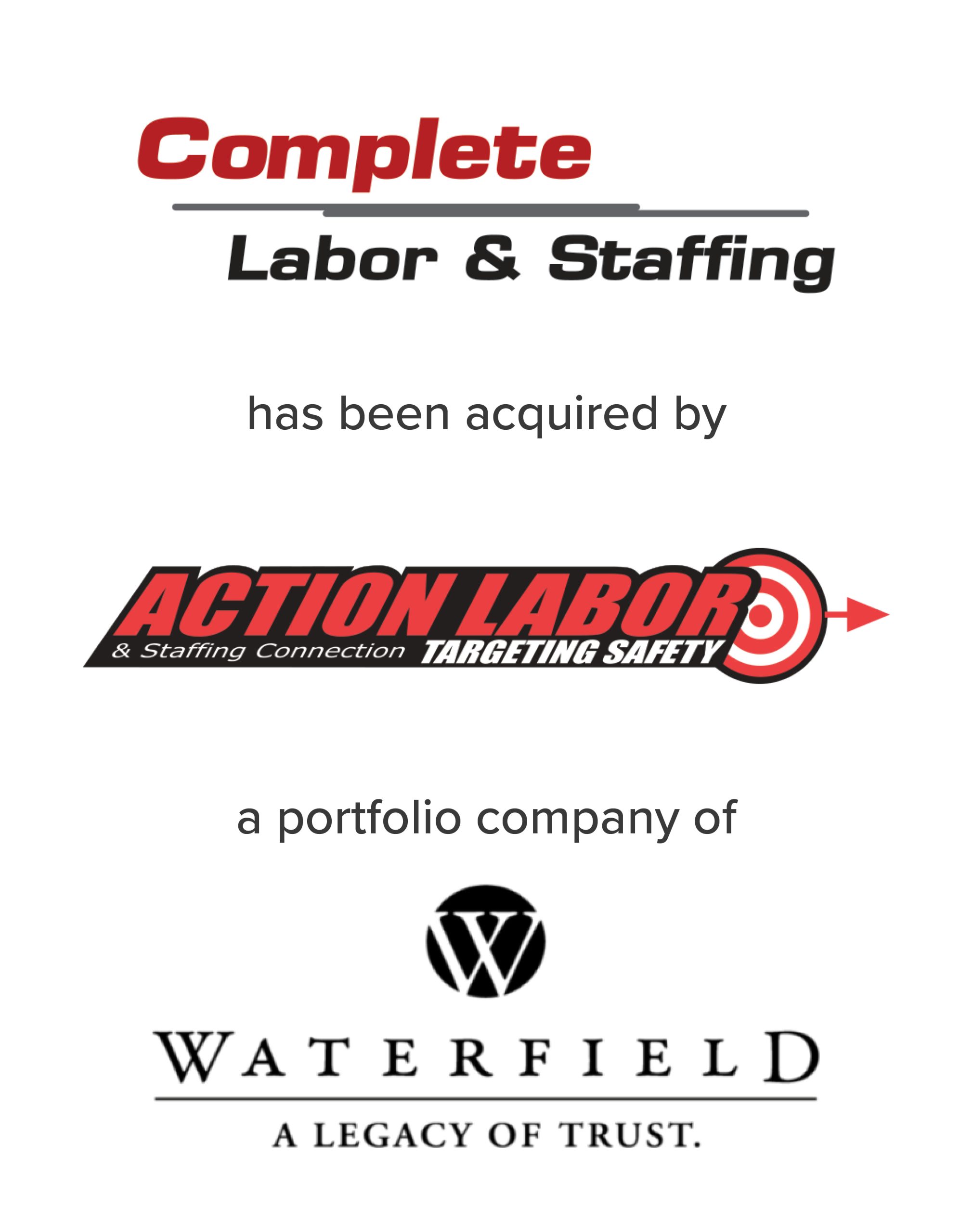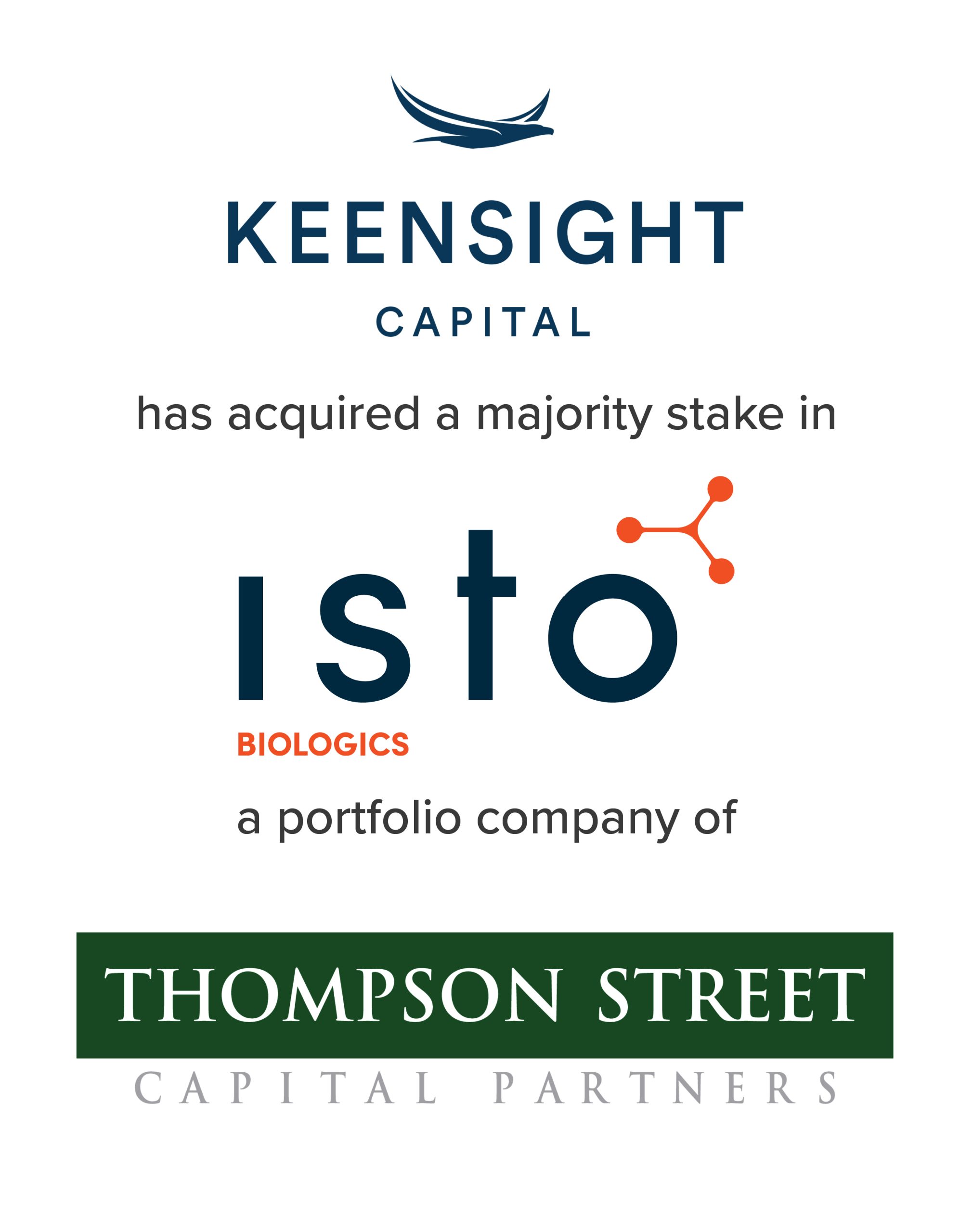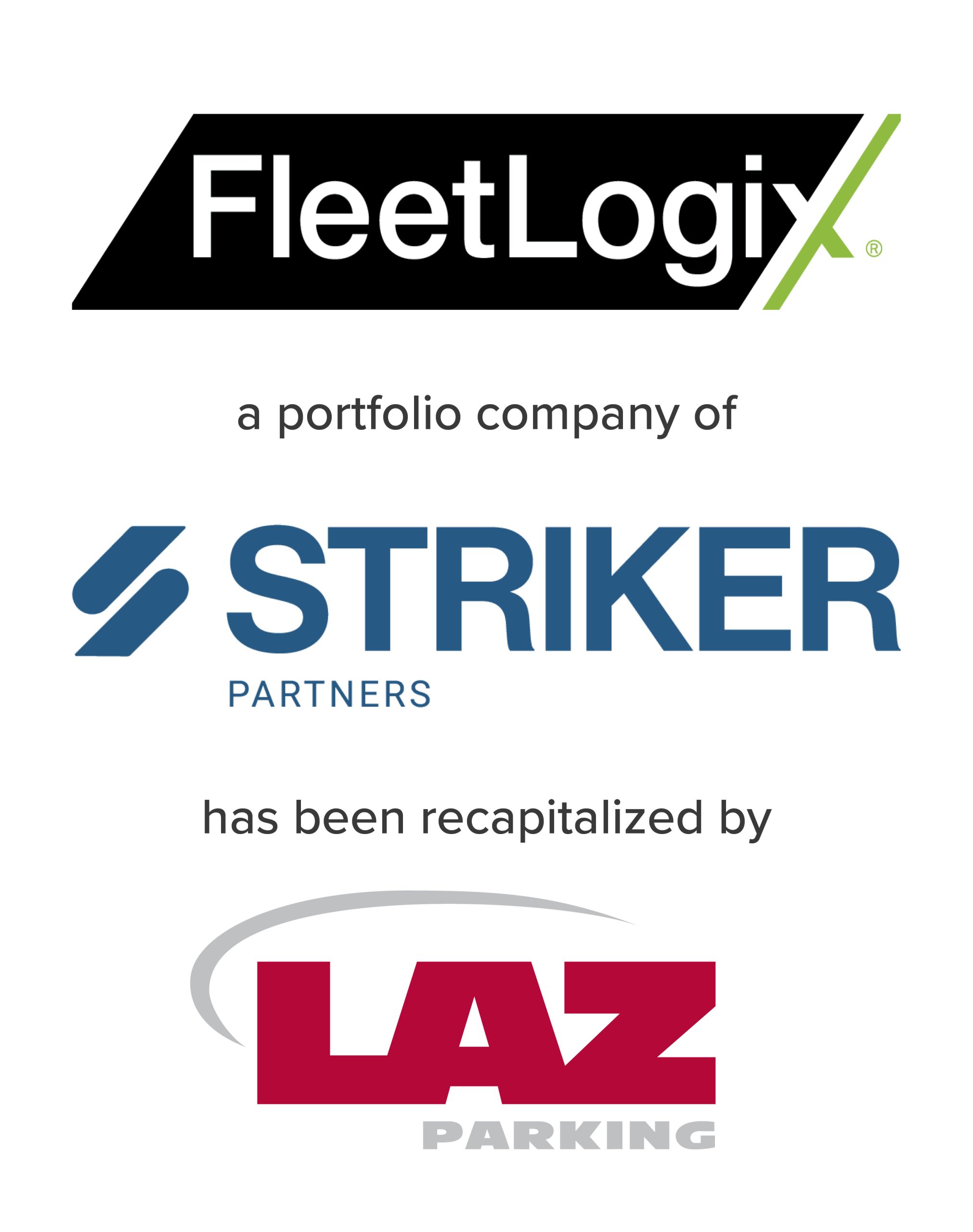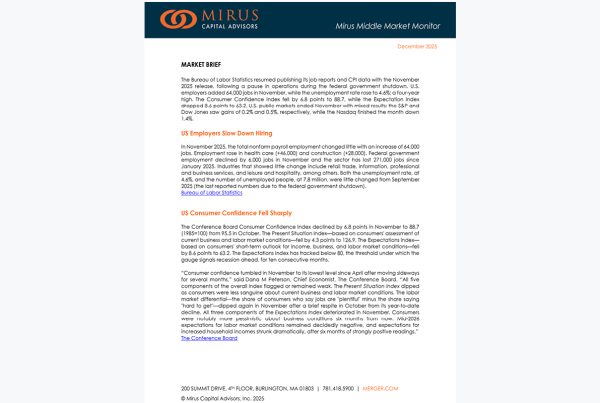Services
Mirus is a premier middle market investment bank delivering sophisticated advice to close deals in your industry with precision execution and proven results. For over 35 years, successful business owners have entrusted Mirus Capital Advisors to realize exceptional value for their businesses. Leverage our deep industry expertise and an extensive network spanning hundreds of institutional investors and qualified buyers to enable valuable options across the technology, industrial, business services, healthcare & life sciences, and consumer sectors. In just the past five years, our team has closed over 50+ sell-side M&A transactions.
450+ completed transactions since 1987. $2+ billion in capital raised. We structure comprehensive solutions that honor your priorities while focusing on your success. Complex transactions demand exceptional expertise, and that’s what our award-winning track record and close to four decades of proven execution deliver.
Comprehensive Advisory Solutions
Let’s Start a Conversation
We’re here to help. Whether exploring options now or preparing for the future, leverage our team’s expertise for your middle market M&A transaction.




